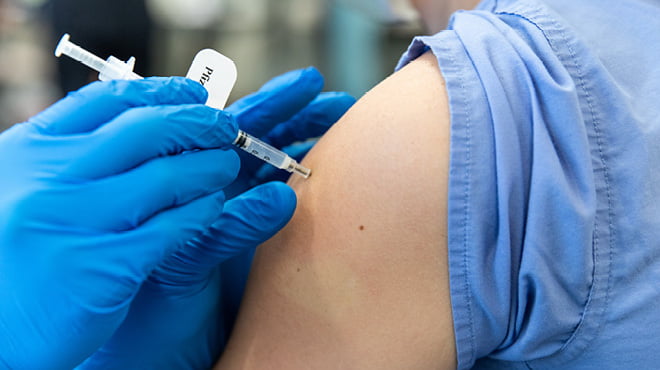Recent Posts
COVID-19 research: Fact, fiction or something in-between

There are many research studies about COVID-19 and vaccinations. How can you decide which studies are accurate, informative and worthwhile?
"There is more information on the internet than anyone can digest," says Melanie Swift, M.D., infectious disease physician at Mayo Clinic. "It can be difficult to know what to believe. Depending on who is running the website or sharing their interpretation of the medical studies, it may be reliable, but it might be a misinterpretation of the data or completely falsified information."
Look for studies that are:
- Indexed in PubMed.gov
These are published in reputable journals and have undergone scientific peer review. - Searchable in Google Scholar
Studies on this platform may have undergone peer review as well. Some may be in "preprint," which means the study has not yet undergone peer review or been accepted by a reputable scientific journal. Preprints are labeled and should be interpreted with caution.
A few trusted sources include:
- Centers for Disease Control and Prevention (CDC)
- National Institute for Allergy and Infectious Diseases, a branch of the National Institutes of Health
- Mayo Clinic and other academic medical centers
- Medical professional societies like the American Medical Association or the Infectious Diseases Society of America
Beware of:
- Websites that feature medical experts who are not trained in a relevant specialty or endorsed by a reputable medical center or legitimate medical society
"Infectious diseases or pulmonary and critical care medicine specialists are ideal sources for COVID-19 information. If the website or organization features just one or two doctors from unrelated specialties, be skeptical," says Dr. Swift. - Social media postings from individuals sharing opinion, anecdotes or their interpretation of medical studies
"People will commonly state they have done their own 'research' but this may mean they only searched for studies that support their bias. These individuals may not have the expertise to judge the validity of a medical study, may be justifying their personal beliefs or promoting a political agenda," Dr. Swift adds. - Claims for alternative or "miracle" drugs that sound unrealistic, without studies published in reputable medical journals
When highly effective treatments are confirmed through valid scientific studies, they are publicized by the CDC, medical centers, medical societies and reliable media outlets.
"The National Library of Medicine provides a helpful tutorial on how to evaluate a health-related website, while the Surgeon General recommends a quick health misinformation checklist," says Dr. Swift.
When evaluating claims, ask these questions:
- Did you check with the CDC or local public health department to see whether there is any information about the claim being made?
- Did you ask a credible health care professional if there is additional information?
- Did you search online if it has been verified by a credible source?
- Did you review the "About Us" page on the website to see if you can trust the source?
If you're not sure, don't share.
Information in this post was accurate at the time of its posting. Due to the fluid nature of the COVID-19 pandemic, scientific understanding, along with guidelines and recommendations, may have changed since the original publication date.





